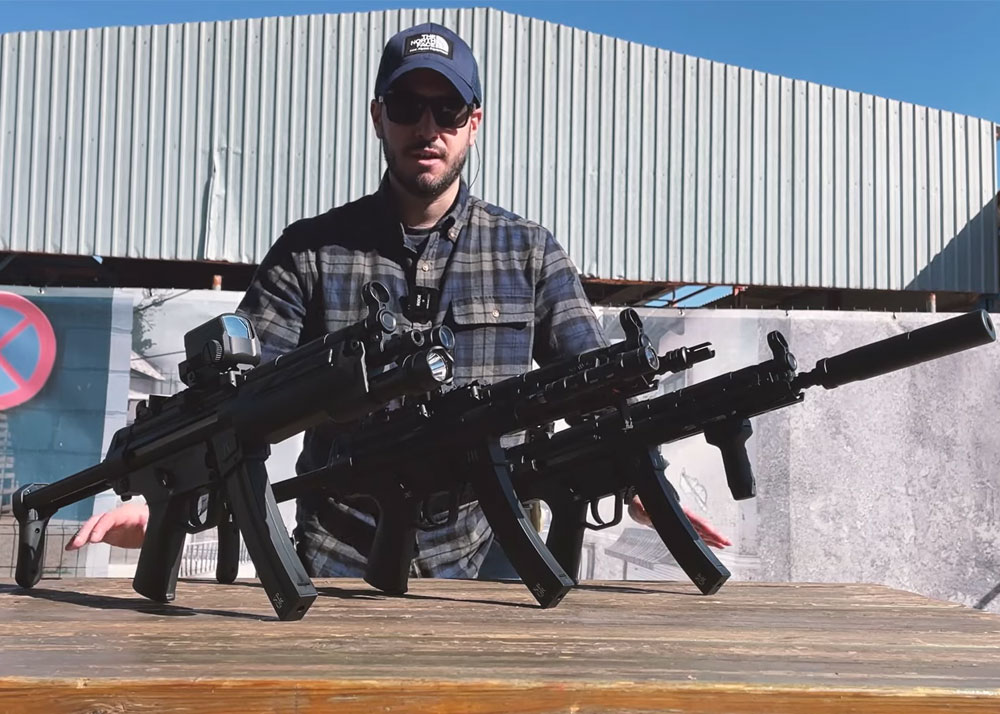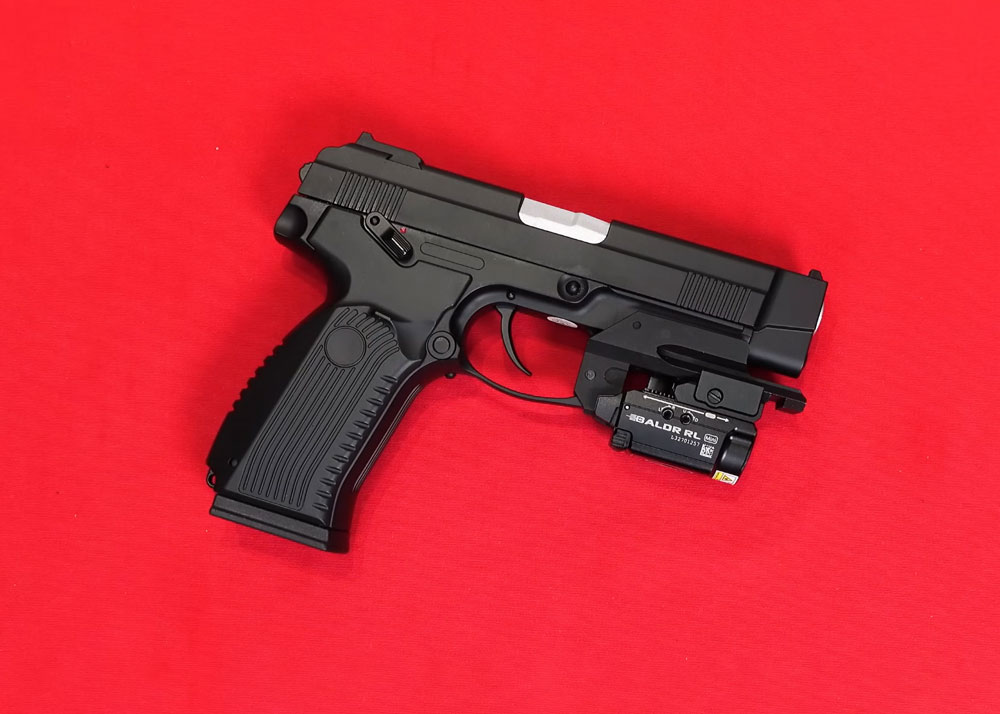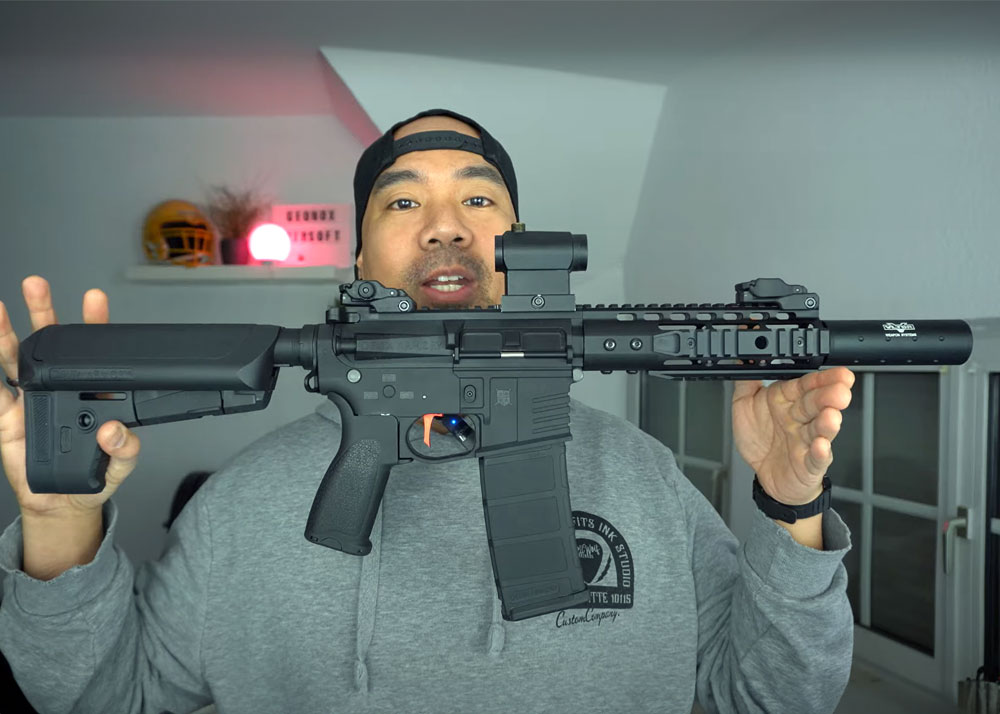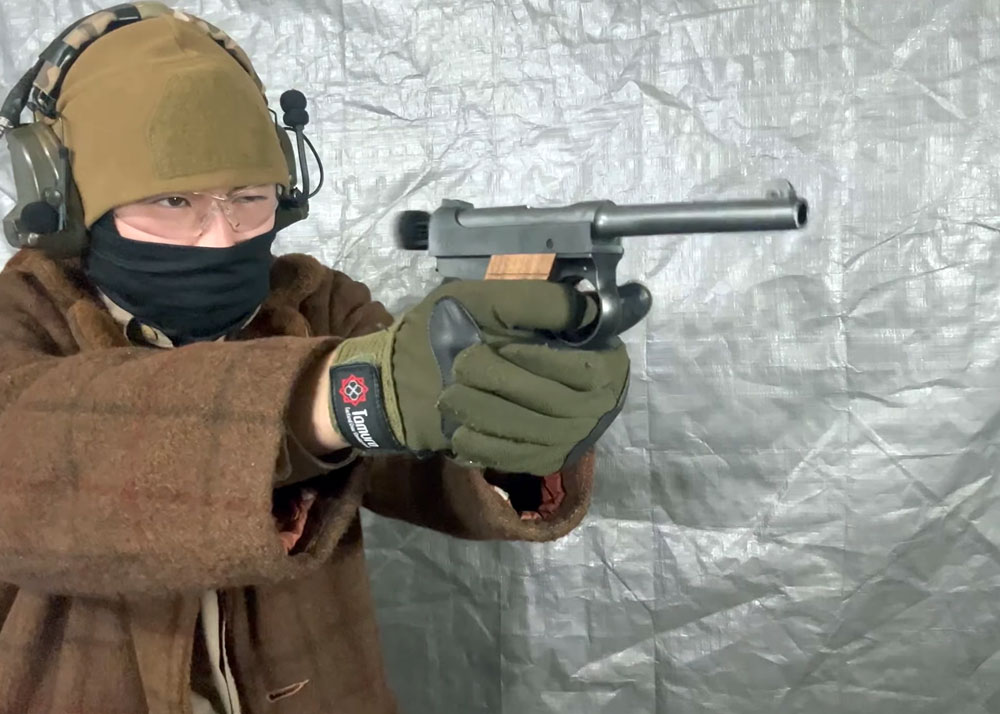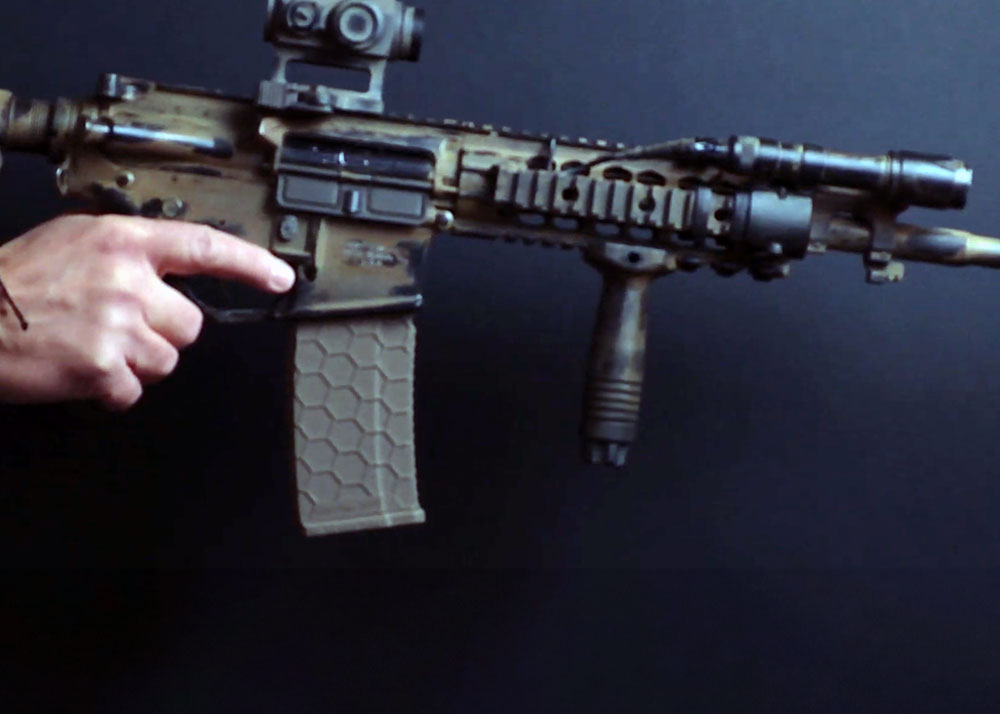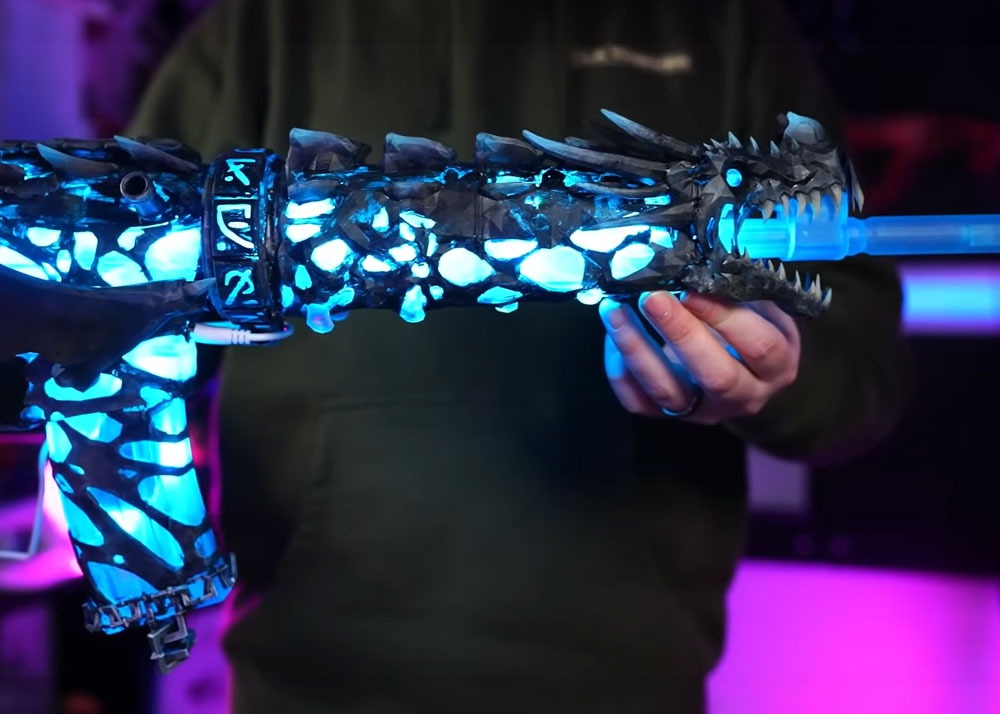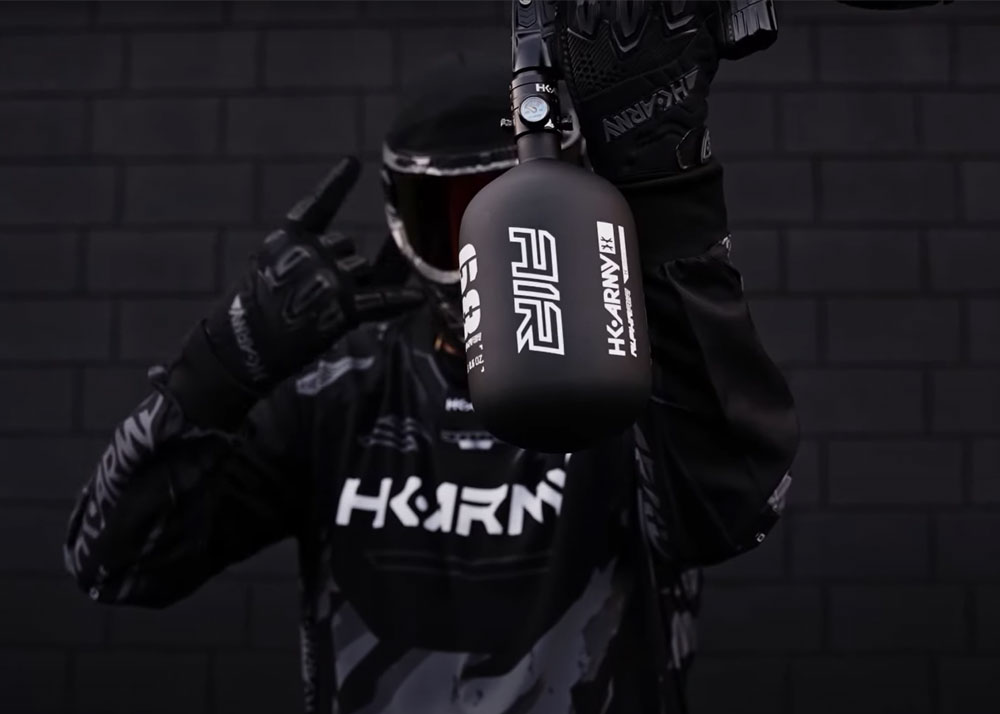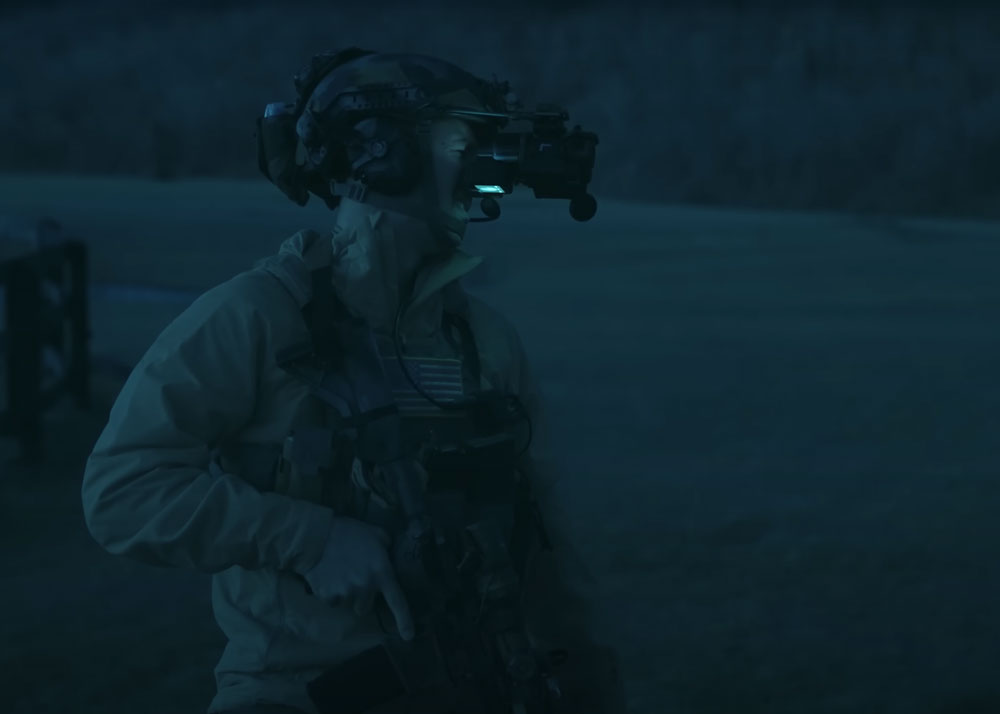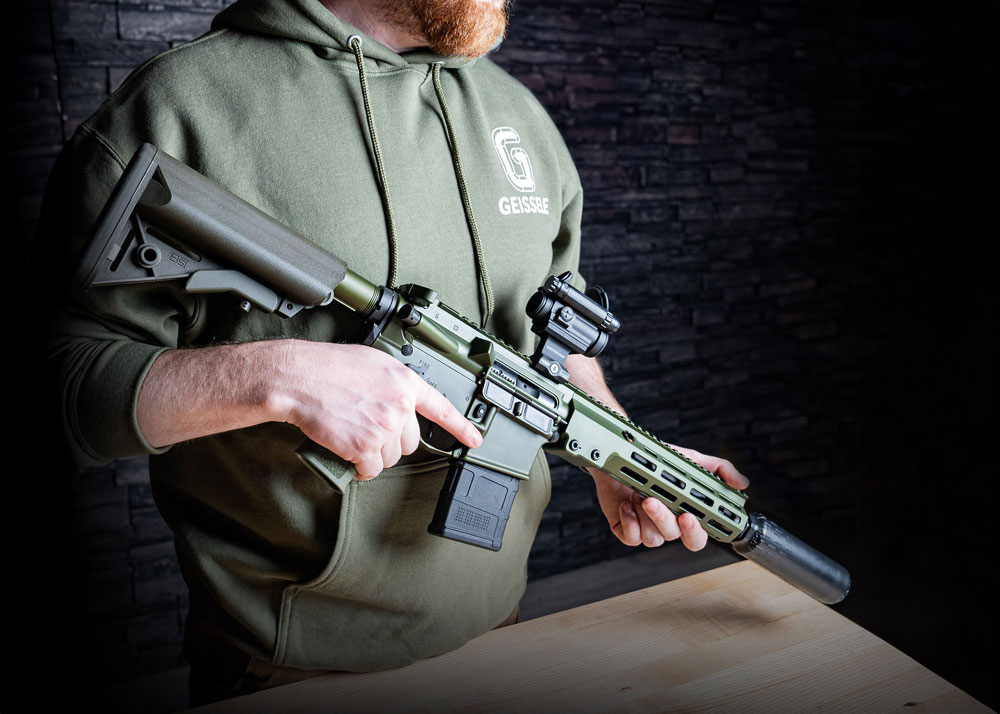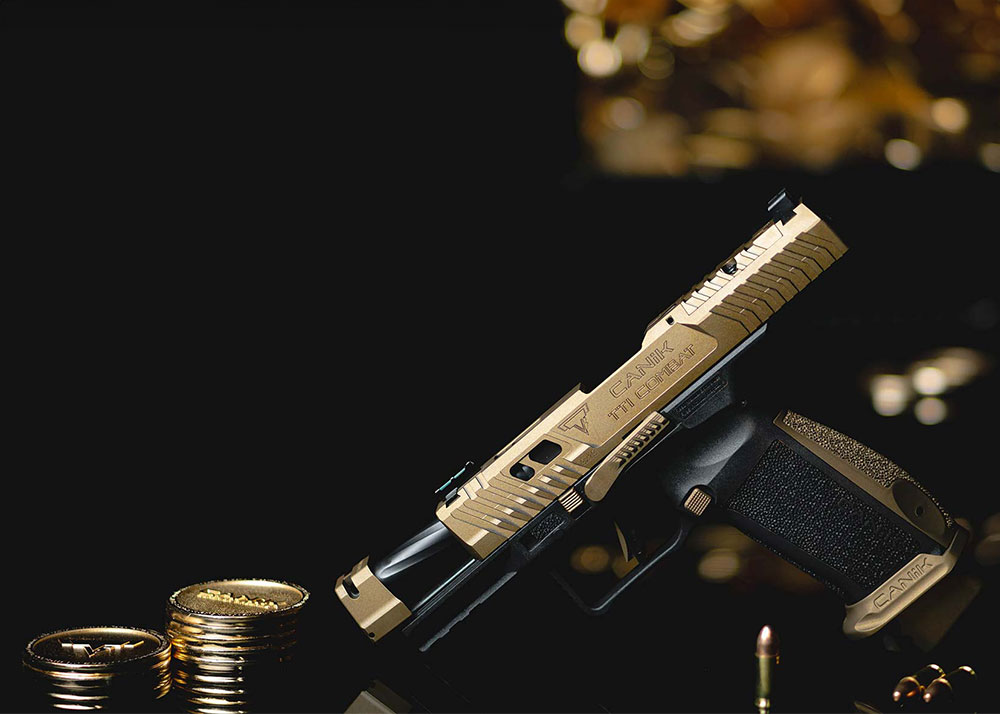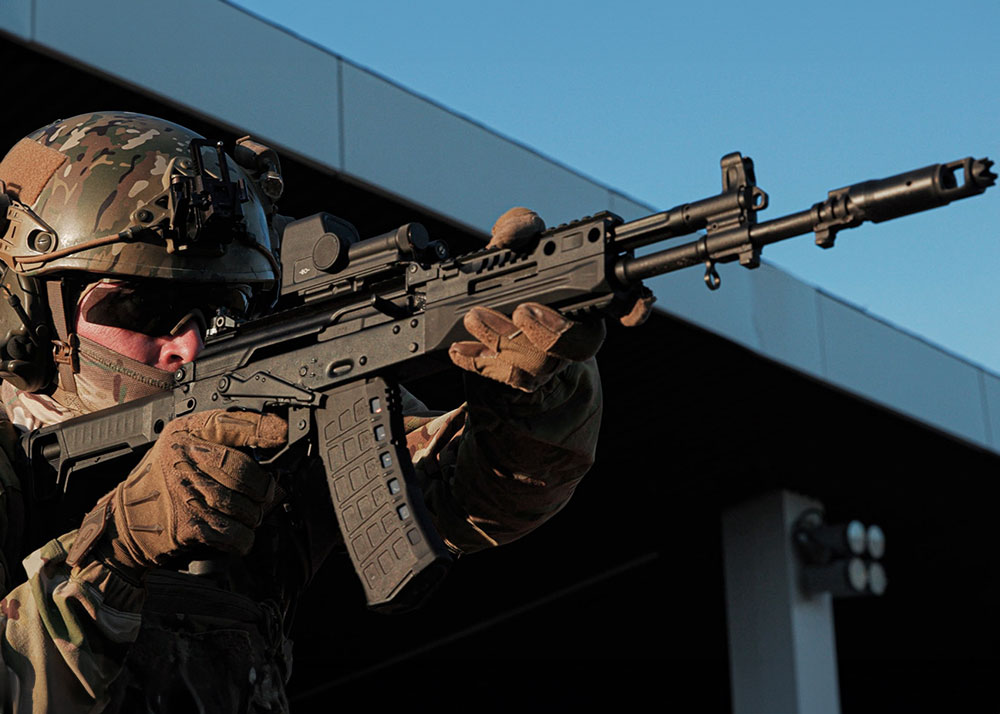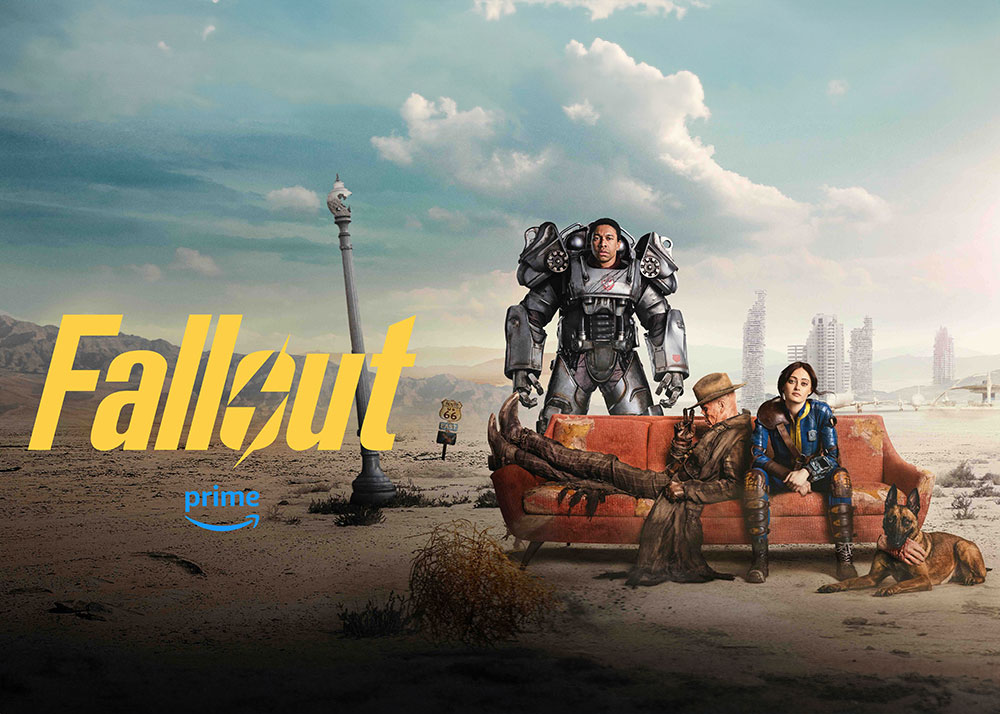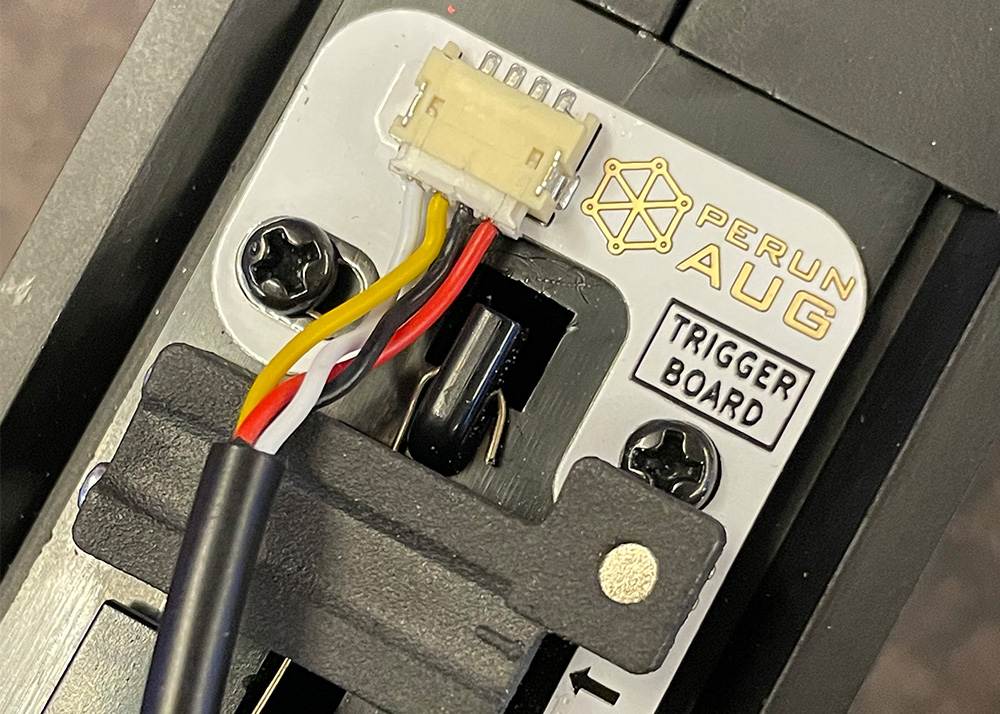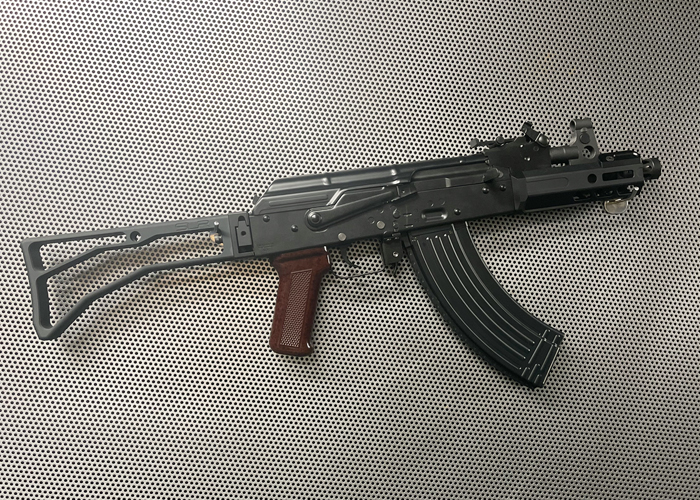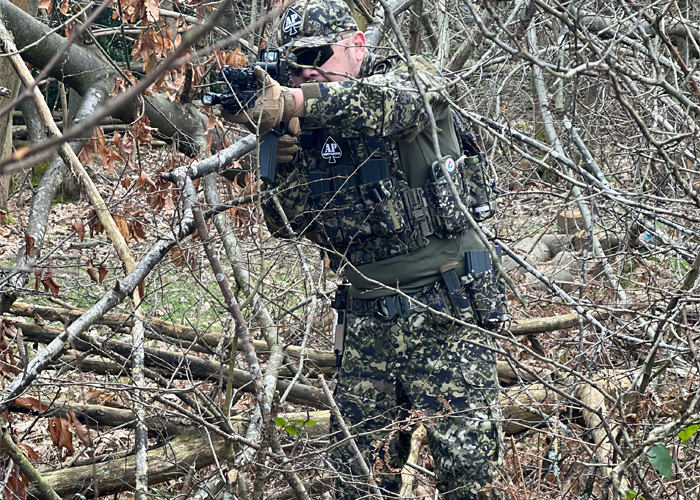You Might Want To Cut Down On Your Intake Of Energy Drinks
Logan
31 Mar 2017
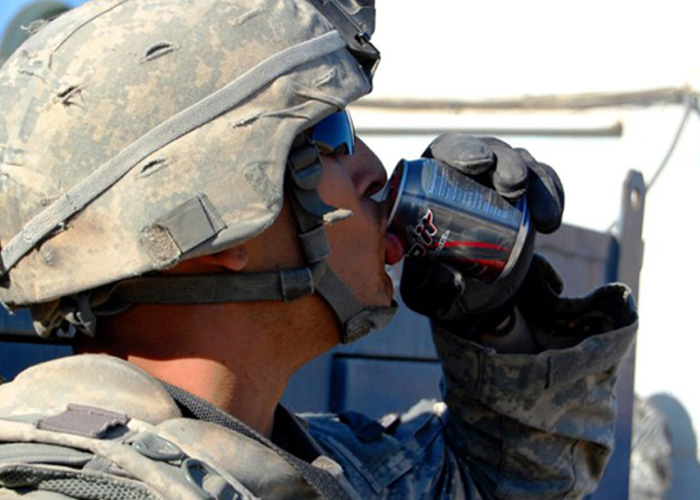
Energy drinks power a lot of human bodies these days. When we need to be more productive or got to keep going in any activity, either we grab a cup a coffee to keep you going, or something much stronger in the form of an energy drink such as Red Bull, to give that much needed boost. Staying up late at night or staving off tiredness can be done with these magic drinks.
But just like most things in life, too much of a good thing can be bad for you.
If you intend to go on some extended airsoft events, which usually are non-stop 48 to 72 hour milsim events, you will definitely consider getting energy drinks to bring along with you to keep you awake and focused on the tasks at hand. Not bad if you take them moderately, but guzzling down can after can may not exactly be beneficial for you in the long run according reports.
In a report posted by Sergeant Eddie Jackson at West Point’s Modern War Institute website, “energy drinks might cause more physiological damage to soldiers than actual combat.” Called “adrenal fatigue” this type of fatigue, writes Jackson:
According to this concept, after high doses of caffeine consumption the body goes into a hibernation period. The body’s nervous system becomes overtaxed and the detox period takes longer than normal and may cause dizziness and headaches. Therefore, the platoon members’ bodies never get a chance to detox from the firefight earlier in the day. Their bodies are now on a constant roller-coaster of chemical highs and increasingly longer and deeper lows. Over the next couple of days, leaders in the platoon begin to notice changes in some soldiers’ behavior—increasing mood swings, violent outbursts, irritability, and hypertension. They attribute these behavioral changes to the intense firefight, but in reality, the soldiers are being harmed by their own hands with the help of energy drinks.
Energy drinks are widely available to U.S. soldiers deployed in Iraq and Afghanistan, with Rip It becoming the unofficial energy drink of the U.S. Military and contains around 100mg of caffeine in each can. Younger soldiers have deemed energy drinks as mission essential that almost half of the soldiers deployed drink at least a can a day with 14% drinking three or more according to a Walter Reed Army Institute study published in 2010.

Too much caffeine or over 400mg of it can cause rapid heart rate, shakiness, trouble sleeping, and nervousness. That won’t make you an effective member of a fire team if you are jittery or too wired up.
Now, if you go a milsim event and planning to bring energy drinks, here are some that you need to consider according to Uniformed Services University of the Health Sciences' Human Performance Resource Center (HPRC):
- Be aware of how much caffeine (from all sources) is in each can or bottle, and limit the number you drink each day.
- Avoid caffeinated foods, beverages, and medications while using energy drinks. You may be consuming more caffeine than you realize.
- Don’t mistake energy drinks for sports drinks. Unlike energy drinks, sports drinks are designed to fuel and hydrate you during long workouts.
- Don’t mix energy drinks with alcohol. Energy drinks can mask the feeling of intoxication but still leave you impaired.
- Find other ways to energize yourself. It’s best to get the sleep your body needs, but you can try other ways to stay alert, such as exercising or listening to upbeat music.
Top Photo: U.S. Soldier drinking Rip It energy drink (U.S. Army photo by JB Jaso)


